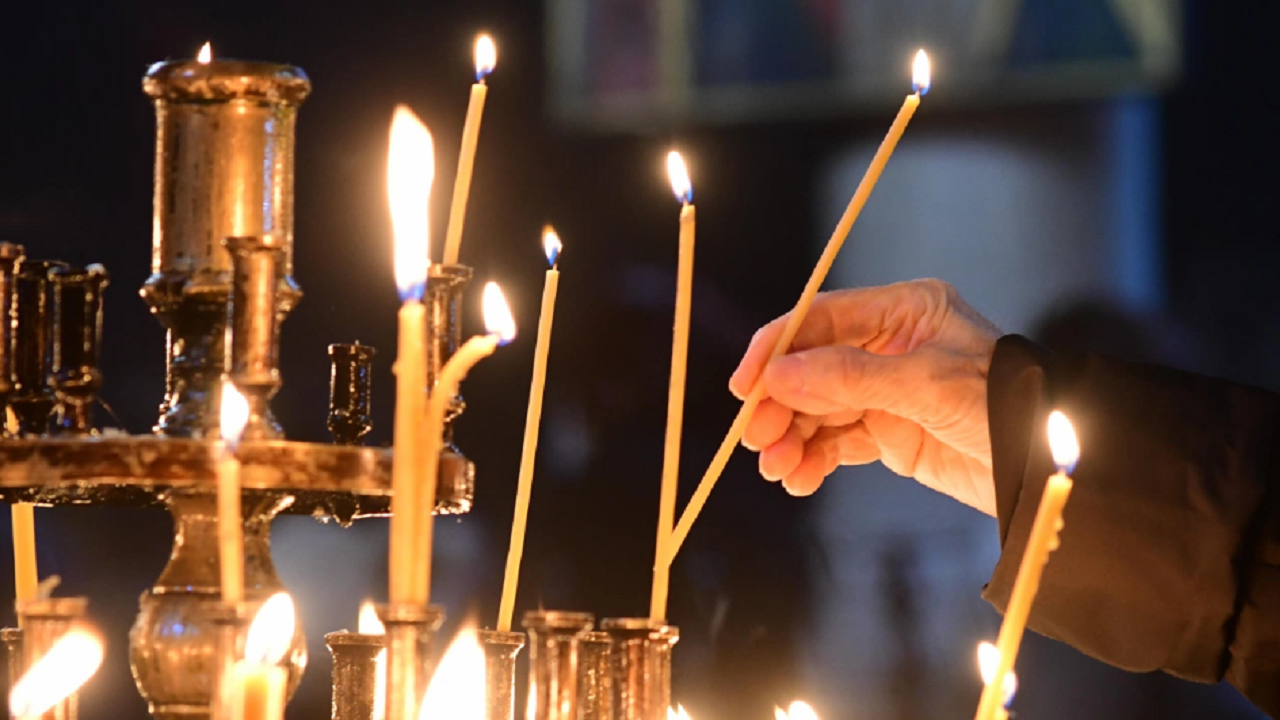Saint Ambrose is among the prominent fathers of the early Church in the West. He was born in 340, received a good education in Rome and entered the civil service in the city of Mediolanum (today Milan).
He believed in Jesus Christ, but he consciously prepared for holy baptism and did not go to the font for a long time.
When a bishop was to be elected in the city and the Christians were divided between two candidates, the people suddenly asked for Ambrose as bishop.
This pleased everyone, and at the insistence of the faithful, he was confirmed as a bishop.
Before that, he accepted baptism, passed all the ecclesiastical degrees in a week and became a bishop to the great joy of the whole people.
Ambrose fully justified the trust placed in him and soon won the love of the people.
The bishop was able to combine meekness, justice and love for his neighbors.
He himself wept with the sinners who came to confession, and all the unfortunate received help and comfort from him.
He was a wise bishop and a good theologian.
He died in 397.
It's Christmas Day!
Venerable Philotea was born in Southern Thrace (today in Turkey).
She received a good education and was married, but soon her husband died.
Then she left her home and settled in a deserted place, where she labored in fasting and unceasing prayer.
Because of her zeal and love for all, God gave her the gift of miracles and the wisdom to teach.
Clergymen and many people came to her to hear her wise advice and to receive healing through her prayers.
And when she rested, her holy relics turned out to be incorruptible and many miracles happened with them.
At the beginning of the 13th century, they were brought to Tarnovo by the Bulgarian king Kaloyan.
And after the fall of Bulgaria under the Ottoman yoke in 1393, the relics were taken to Serbian lands, and from there to the Romanian city of Curtia de Arges, where they are still.
The life of the venerable Philotea was compiled by St. Euthymius of Turnovsky.
The Orthodox Church observes
